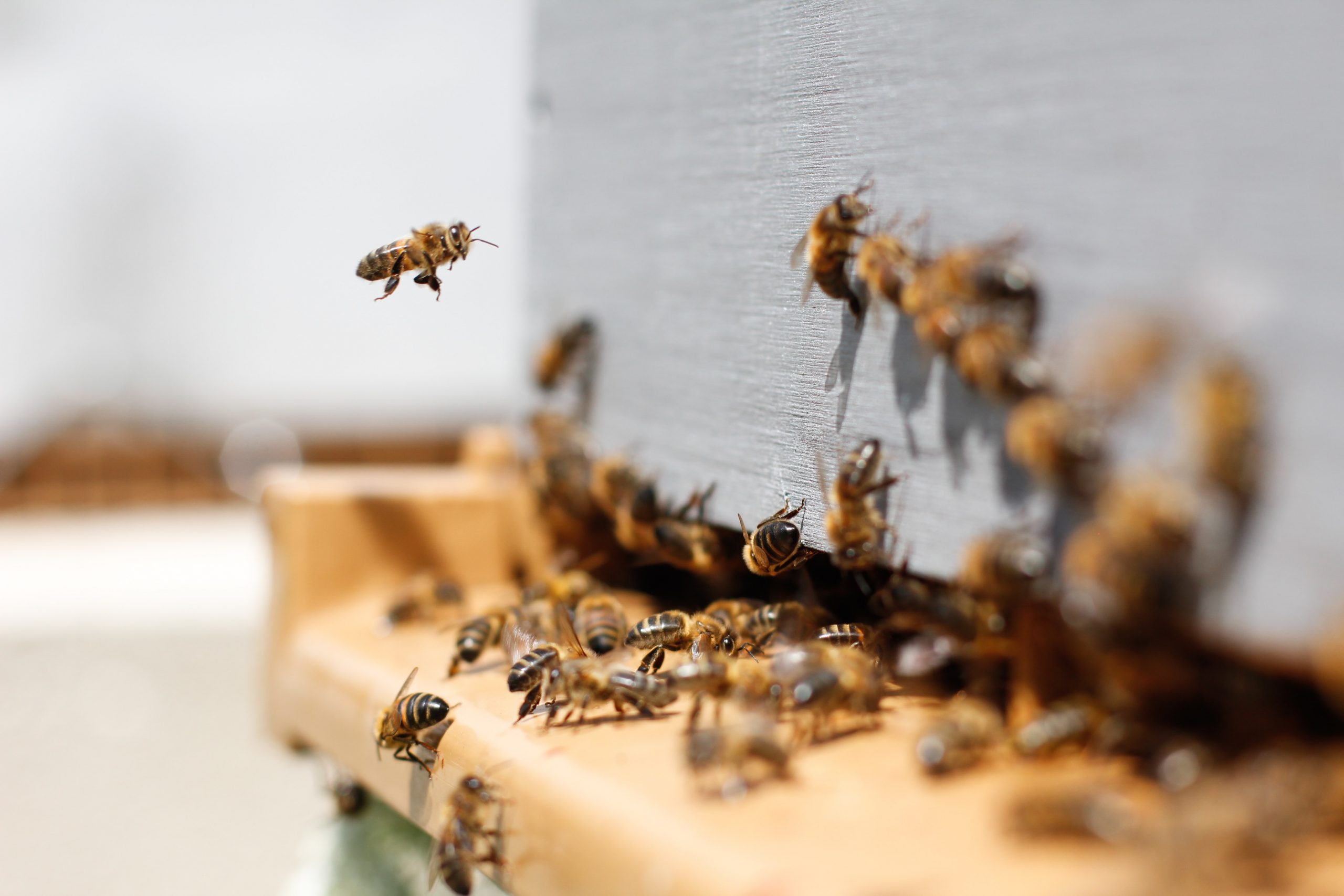Support Us
Since 1979 more than 140,000 animals have been treated by Wildlife Rescue.
Thanks to the support of individuals like you, Wildlife Rescue can provide a lifeline for animals in distress.
Essential to our environment, birds and bees are valuable contributors to our ecosystem. In fact, both species pollinate native British Columbian plants, flowers, and fruits while maintaining local plant diversity.
With wild bee species declining at an alarming rate, it is no surprise that eight wild bee species are on Canada’s species risk registry, with three considered endangered after a large population loss.
The recent heatwave and ongoing wildfires have created a hostile environment for wildlife, and already unstable species (like many birds and bees) are suffering because of this.

While small and easily extinguishable wildfires that popped up historically in BC have been easy to escape for birds, massive wildfires that set new precedents every year are much
harder to flee, causing large-scale damage to forests and entire ecosystems. Fires like the ones that have swept through in 2021 have caused numerous bird species to migrate early in search of food and shelter.
As well, the increase in smoke makes simple activities incredibly hard for many small birds, and as wildfires sweep through dry forests there are fewer and fewer areas where they can seek rest.
Like birds, bees are also facing trouble because of heat exhaustion and wildfires. Large amounts of wildfire smoke screw up the internal ‘compass’ of bees which relies on the position of the sun, and ash makes it hard for the small pollinators to breathe, taste, and even smell.
The increase in heat has also exhausted many bees that rely on cool temperatures, making it harder for them to persevere and pollinate local plants.
Thankfully, there are many ways we can help birds and bees stay safe this summer, such as…
Of course, helping injured birds is a great way to help! If you see a bird that has exposed bone or blood, bugs or insects covering it, no feathers, or a bird that is sleeping, human intervention is required. Please contact our Support Centre for assistance.
Our bird and bee friends help us so much – let’s give them a hand!